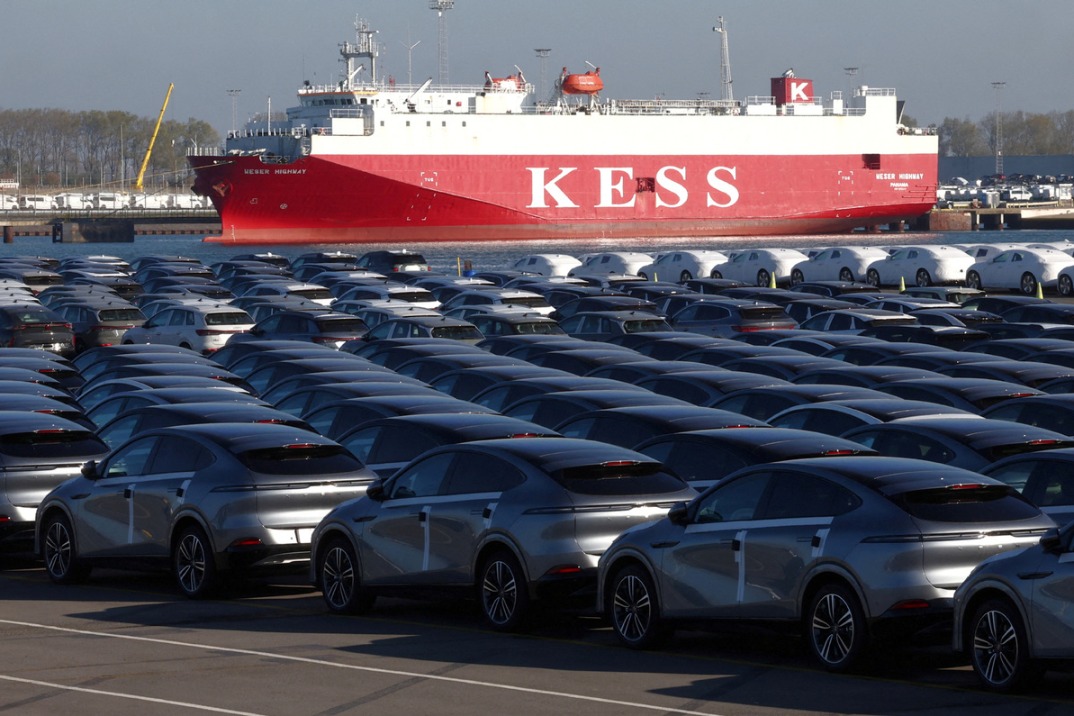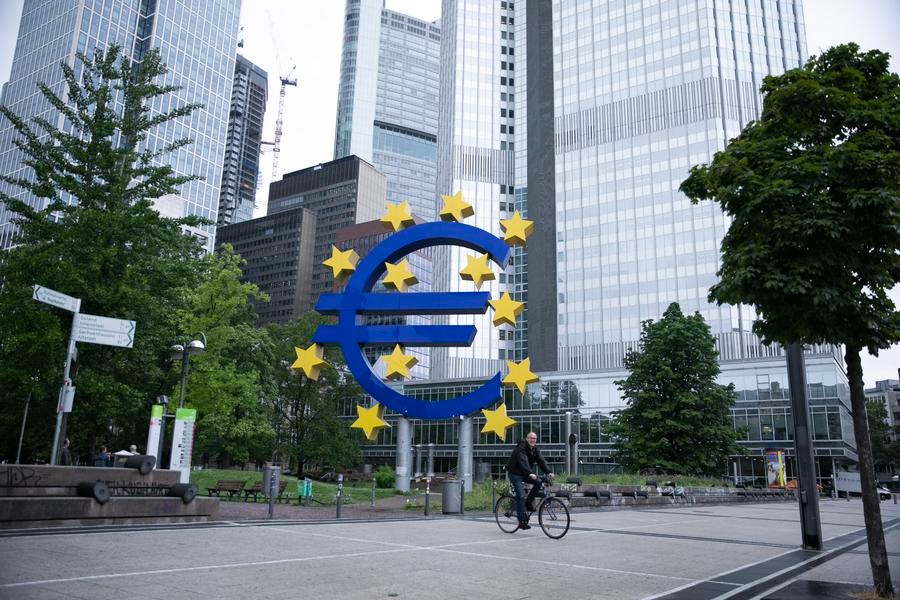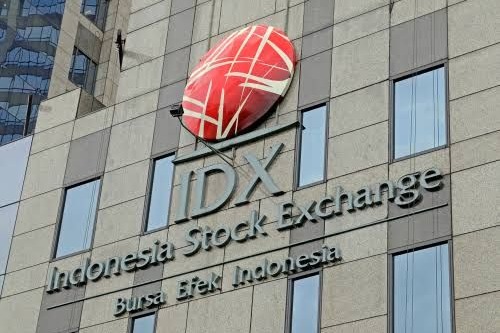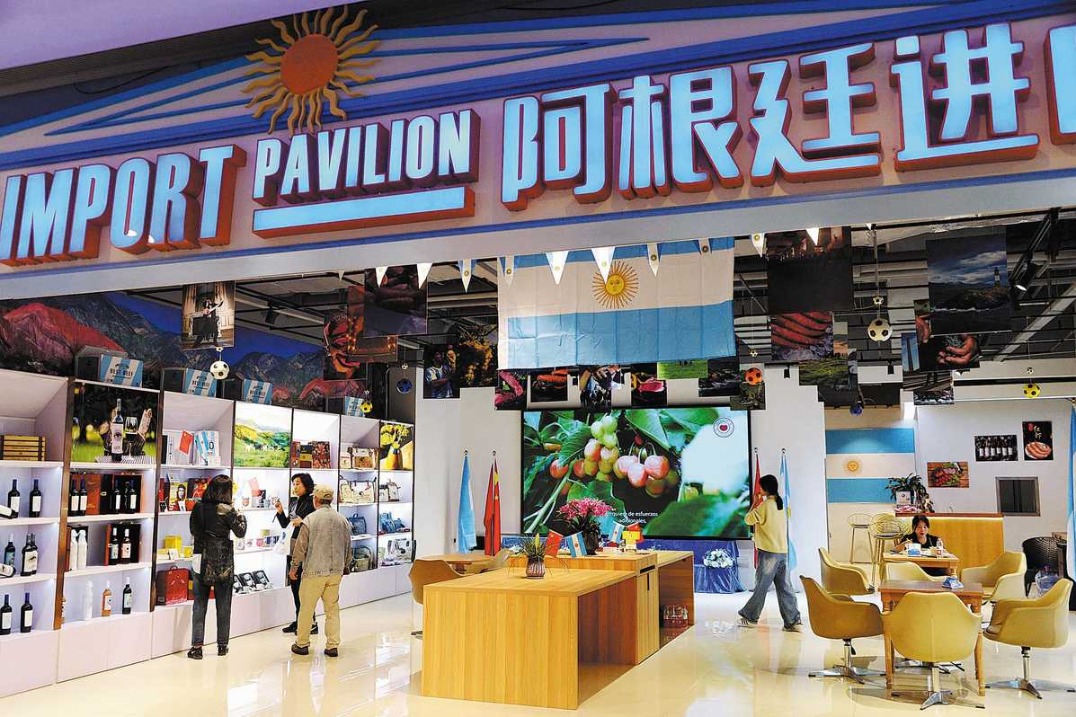Riding toward a cleaner, greener world


In a move that highlights geopolitical tensions and global competition in the automotive sector, the European Union recently imposed tariffs on electric vehicles manufactured in China. The move, which the EU described as an effort to maintain "fair competition", thinly veils an underlying attempt to curb China's ascendancy in the EV industry.
China's EV ecosystem is not only vast, it is also driven by advanced battery technology, extensive infrastructure and a government committed to environmental progress. Chinese EV companies have achieved scale, reduced costs and boosted production efficiency, delivering high-quality products at a fraction of the cost compared with Western competitors.
China has taken a leading role in the EV market, reaching milestones that put it far ahead of other countries. In 2023, China accounted for more than half of the world's EV sales, with 8 million vehicles sold globally. Chinese EV brands, such as BYD, NIO and Xpeng, are seen as champions of cost-effective, eco-friendly alternatives.
The secret to China's success in this sector lies in its approach to scaling battery manufacturing, a critical component in EV production. Battery packs can represent up to 40 percent of an EV's total cost, so China's ability to reduce this cost has been instrumental in making its EVs affordable.
Additionally, China's EV market is backed by some of the world's largest battery manufacturers like Contemporary Amperex Technology. Currently, China supplies over 70 percent of the world's lithiumion batteries used in EVs.
Over the past decade, China has invested in extensive charging infrastructure, with nearly 8.6 million public charging stations as of the end of 2023. This infrastructure not only aids current EV users but also makes EVs a more attractive choice for potential buyers.
At the policy level, China's new energy vehicle mandate has been instrumental in driving innovation. The NEV policy encourages car manufacturers to produce electric and hybrid vehicles, establishing quotas that push the industry toward greener alternatives.
Moreover, this sector's growth aligns with China's ambitious commitment to peak carbon emissions before 2030 and achieve carbon neutrality before 2060.
Western auto manufacturers and policymakers frequently argue that China's rapid advancement in EVs is a result of unfair subsidies. However, this overlooks the larger issue: Chinese companies have successfully innovated and achieved production efficiencies that allow them to deliver high-quality EVs at accessible prices.
The perceived threat to Western markets is not merely about competition but about China's competitive edge in technology. Chinese EVs offer longer battery life, shorter charging times and superior mileage compared with many Western models — at a fraction of the cost.
By reducing costs, China has democratized access to clean transportation. The West's protectionist stance, however, may slow this progress, indicating that the tariffs are more about staving off Chinese competition than about actual "fair play" in the market.
Beyond its borders, Chinese companies actively collaborate with international partners, contributing to the spread of EV infrastructure and technology across the developing world. By making clean transportation affordable, China enables nations with limited resources to participate in the green transition, helping combat climate change on a global scale.
The environmental implications of this leadership are monumental. China's focus on clean energy vehicles has prevented millions of tons of CO2 emissions. Each Chinese EV on the road contributes to a broader goal of global carbon reduction. China's ability to produce affordable EVs aligns with the international community's interest in clean transportation.
China's EV industry is a testament to how strategic investments, technological innovations and visionary policies can transform a sector. The West's response reveals not a commitment to fair competition but rather a protectionist maneuver that threatens to undermine the global green transition. It is time for the West to recognize that China's EV industry is not a threat but an opportunity for a cleaner, greener world.
The author is deputy editor-in-chief at Daily Ittehad Media Group and Pakistan Economic Net. The views do not necessarily reflect those of China Daily.

































